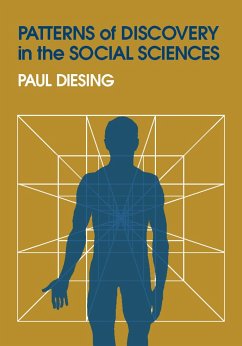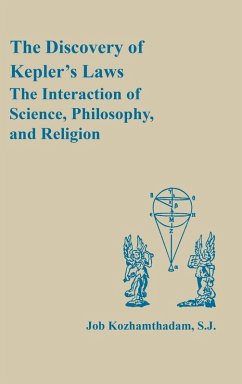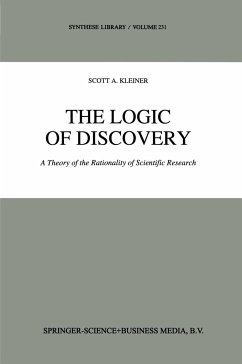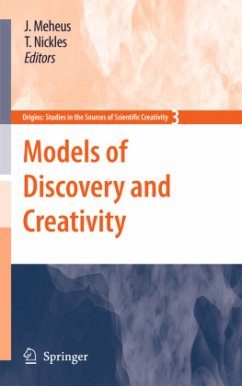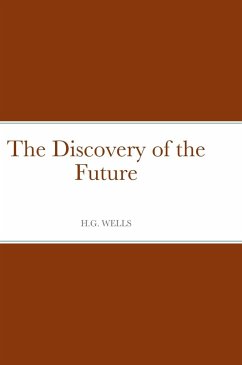
Patterns of Discovery in the Social Sciences
Versandkostenfrei!
Versandfertig in 1-2 Wochen
166,99 €
inkl. MwSt.
Weitere Ausgaben:

PAYBACK Punkte
83 °P sammeln!
Social scientists are often vexed because their work does not satisfy the criteria of "scientific" methodology developed by philosophers of science and logicians who use the natural sciences as their model. This study defines science in terms of norms implicit in what social scientists actually do in their everyday work.




